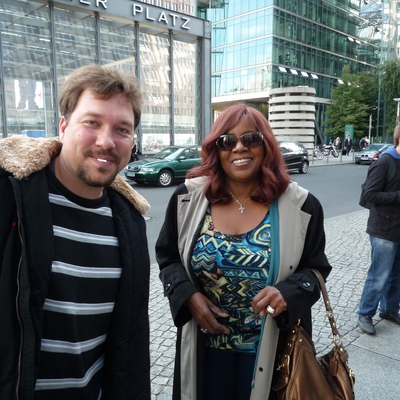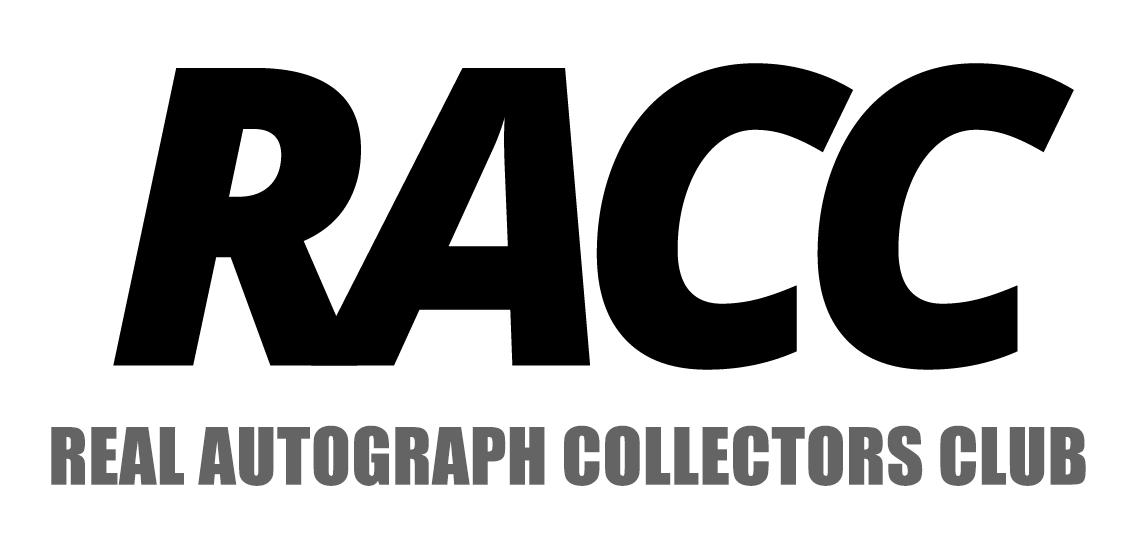Gloria Gaynor Biography
- Home /
- Gloria Gaynor /
- Biography

- Born Sept. 7, 1949
Gloria Fowles was born in 1949 in Newark, New Jersey, to Daniel Fowles and Queenie Mae Proctor. Her grandmother lived nearby and was involved in her upbringing. "There was always music in our house", Gaynor wrote in her autobiography, I Will Survive. She enjoyed listening to the radio, and to records by Nat King Cole and Sarah Vaughan. Her father played the ukulele and guitar and sang professionally in nightclubs with a group called Step \'n\' Fetchit. Gloria grew up as a tomboy as in her early life she had 5 brothers, but no sister. Her brothers sang gospel and formed a quartet with a friend. Gaynor was not allowed to sing with the all-male group, nor was her younger brother, Arthur, because Gloria was a girl and he was too young. Arthur later acted as a tour manager for Gaynor. The family was relatively poor, but Gaynor recalls the house being filled with laughter and happiness, and the dinner table being open to neighborhood friends. They moved to a housing project in 1960, where Gaynor went to South Side High School. "All through my young life I wanted to sing, although nobody in my family knew it", Gaynor wrote in her autobiography.[citation needed]Gaynor began singing in a night club in Newark, NJ., where she was recommended to a local band by a neighbor. After several years of performing in local clubs and along the Country\'s east coast Gaynor began her recording career in 1971 at Columbia Records. The rest of Gaynor\'s life story can be found in her autobiography, "I Will Survive".[citation needed]\n', '
Gaynor was a singer with the Soul Satisfiers, a jazz/R&B music band, in the 1960s. She recorded "She\'ll Be Sorry/Let Me Go Baby" (for the first time as Gloria Gaynor) in 1965, for Johnny Nash\'s Jocida label. Her first real success came in 1975 when she was signed to Columbia Records by Clive Davis. The fruit of that was the release of her album Never Can Say Goodbye on Columbia Records. The first side of the album consisted of three songs ("Honey Bee", "Never Can Say Goodbye" and "Reach Out, I\'ll Be There") with no break between the songs. This 19-minute dance marathon proved to be enormously popular, especially at dance clubs. All three songs were released as singles via radio edits and all of them became hits. The album was instrumental in introducing disco music to the public, "Never Can Say Goodbye" becoming the first song to top Billboard magazine\'s dance chart. The original version by The Jackson 5 was also successful on the mainstream Pop Charts, peaking at #9, and on the R&B Charts, reaching #34. It also marked her first significant chart success internationally, making it into the Top 5 in Australia, Canada, Germany and the UK. The song would go on to be certified silver by the British Phonographic Industry, and subsequently gold in the US. Capitalizing on the success of her first album, she quickly released her second album, Experience Gloria Gaynor, later that same year. Some of her lesser-known singles, due to lack of recurrent airplay — including "Honey Bee" (1974), "Casanova Brown" (1975), and "Let\'s Make A Deal" (1976), as well as her cover of The Four Tops\' "Reach Out, I\'ll Be There" (which also became a #14 hit on the UK Singles Chart) — became hits in the clubs and reached the Top 5 on Billboard\'s disco charts. Many charted on the Hot 100 and R&B charts as well, with songs like "(If You Want It) Do It Yourself" - a #1 disco hit - peaking at #98 on the Pop Charts and #24 on the R&B Charts. Her cover of "How High The Moon" topped the US Dance Charts, and made the lower parts of both the Pop and R&B charts, as well as achieving some international chart success. After her 1976 album, I\'ve Got You, she shifted from her hit production team, to work with other productions.[citation needed] Since then, Gloria Gaynor had recorded some 16 albums including one in England, One in Germany, and 2 in Italy.\n', '
In the next few years, Gaynor released the albums Glorious and Gloria Gaynor\'s Park Avenue Sound, but would only enjoy a few more moderate hits. However, in late 1978, with the release of her album Love Tracks, she climbed the pop charts again with her smash hit single "I Will Survive". The lyrics of this song are written from the point of view of a woman, recently dumped, telling her former lover that she can cope without him and does not want anything more to do with him. The song has become something of an anthem of female emancipation. Interestingly, the song "I Will Survive" was originally the B-side when Polydor Records released it in late 1978. The A-side, a song called "Substitute", then a recent worldwide hit for South African girl-group Clout, was considered more "radio friendly". Boston Disco Radio DJ Jack King, turned the record over and recalls being stunned by what he heard. "I couldn\'t believe they were burying this monster hit on the B-side", says King. "I played it and played it and my listeners went nuts!" This massive audience response forced the record company to flip the songs, so that subsequent copies of the single listed the more popular song on the A-side. King was honored at New York\'s "Disco Masters Awards Show" for 3 consecutive years (1979–1981) in recognition of his relentless push of the song. The song received the Grammy Award for Best Disco Recording in 1980, the only year that award was given. It is ranked #492 on Rolling Stone magazine\'s list of "the 500 Greatest Songs of All Time", and ranked at #97 on Billboard magazine\'s "All-Time Hot 100". In 2000, the song was ranked #1 in VH1\'s list of the \'100 greatest dance songs\' of all time.\n', '
Return to Gloria Gaynor Autograph Profile
Stats
Join the RACC Facebook Group!
The Real Autograph Collectors Club (RACC) on Facebook is the largest community of in person autograph collectors and fans in the world, with 25,000 members and growing!
When you click on links to various merchants on this site and make a purchase, this can result in this site earning a commission. Affiliate programs and affiliations include, but are not limited to, the eBay Partner Network.
Useful Links
WORLDWIDE RACC (Our Top Cities)
New York, NY
USA
Los Angeles, CA
USA
London
United Kingdom
Chicago, IL
USA
Toronto, ON
Canada


